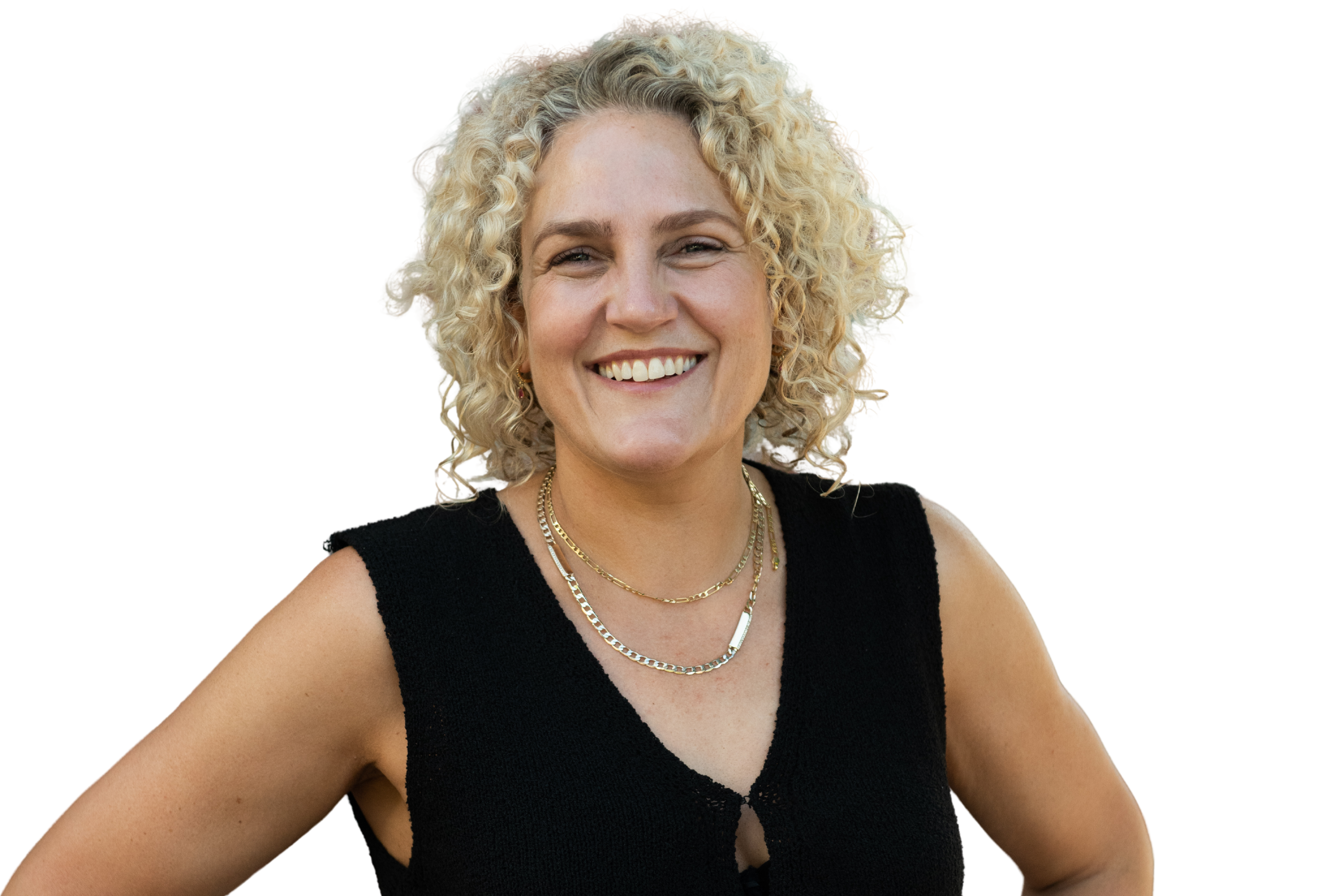The Field of Leadership: Leading from Energy, Not Effort
- Amanda Leigh Walker

- Aug 26, 2025
- 2 min read
Updated: Nov 11, 2025
Most people think leadership begins with strategy.
But the truth is — it begins with energy.
Before a word is spoken, a plan made, or a system implemented, there’s a field — an unseen frequency that shapes how others respond, how teams move, and how results unfold.
That field is you.
The Field You Carry
Every leader radiates a unique energetic signature — a frequency made up of intention, belief, nervous system regulation, and emotional tone.
When you walk into a room, people don’t just hear what you say; they feel what you carry.
Your energy sets the temperature for trust, safety, creativity, and momentum.
We’ve all experienced it — the leader who drains a room with intensity or fear, and the one who calms chaos simply by standing in grounded presence.
That’s leadership through the field.
It’s not about effort; it’s about alignment.
Why Energy Matters More Than Force
Effort-based leadership tries to push outcomes into existence.
Energy-based leadership magnetizes them.
In a world obsessed with productivity, we’ve forgotten that people don’t follow plans — they follow frequency.
A team mirrors the nervous system of its leader.
If you’re anxious, the field becomes unstable.
If you’re grounded, the field becomes clear.
That doesn’t mean pretending to be positive all the time — it means becoming energetically coherent: your thoughts, emotions, and actions moving in the same direction.
Coherence creates trust.
Trust creates flow.
Flow creates results.
Leading Through Presence
Energetic leadership isn’t abstract — it’s a daily practice.
It shows up in small, consistent ways:
• The pause before you respond.
• The breath before you speak.
• The awareness you hold when entering a meeting or space.
• The choice to regulate yourself before redirecting someone else.
When you shift your energy, you shift the entire system around you.
That’s not magic — that’s resonance.
The Invisible System
Systems don’t just exist on paper or software — they exist in the field.
The field is the energetic architecture behind every business process.
You can have perfect strategy and still struggle if your field isn’t congruent with what you’re trying to create.
When your energy, systems, and soul are in harmony, everything becomes simpler.
Emails flow. Conversations align. Opportunities arrive.
This is Soul & Systems in its purest form — your internal frequency becoming the operating system for your external results.
Becoming the Field
The next evolution of leadership isn’t about doing more — it’s about being more intentional with the energy you bring.
Before you fix a problem, attune your field.
Before you push harder, ground deeper.
Before you speak louder, listen inward.
Because leadership isn’t about how much you manage — it’s about how much presence you embody.
Invitation
If you’re ready to lead through energy, not effort —
to build resonance instead of resistance —
then this work is for you.




Comments